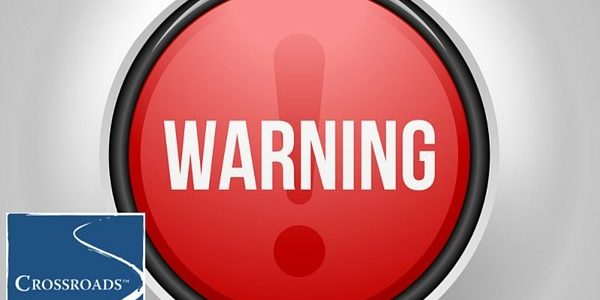Completing an addiction treatment program can be a very rewarding experience and you may feel like you can conquer the world. However, relapse is still a very real risk, especially in the early stages of recovery. Treatment is only half the battle – now you must focus on maintaining your sobriety and lifestyle of recovery. The more you understand common triggers for relapse and your own personal struggles, the more proactive you can be. Here are some red flags to be cautious of:
- Boredom: Plan out your days so that you are staying active and engaged without long periods of downtime. When your hands and mind are idle, it can lead to trouble. Planning ahead can also give you things to look forward to.
- Old Friends and Places: Resist the temptation to stop by your old stomping grounds or getting back in touch with friends who are still in active addiction. They can be a negative influence on your recovery and significantly increase your temptation.
- Over Confidence: With everything you learned in treatment and the ways you turned your life around, you may overestimate your ability to say no to temptation. You may think you can handle a night out where alcohol is readily available, but this can put a lot of pressure on you that you might not be ready for.
- Complacency: After you have been in recovery for a while, you may feel as though you do not need to keep going to meetings, support groups, or therapy and you can do it on your own. Having a strong support system is a valuable part of recovery no matter how long you have been sober. Continue to stay focused and make your recovery a priority.
Relapse is common in recovery, but it does not have to be part of your journey. Set yourself up for success by continuing to participate in Crossroads’ outpatient programs and therapy groups. Remember who you wanted to be and make it a reality.
[cta] If you’ve experienced a slip or relapse, contact Crossroads to get back on track with your recovery. [/cta]


















